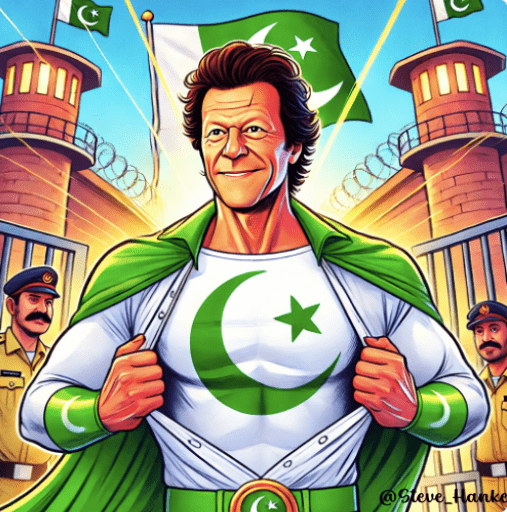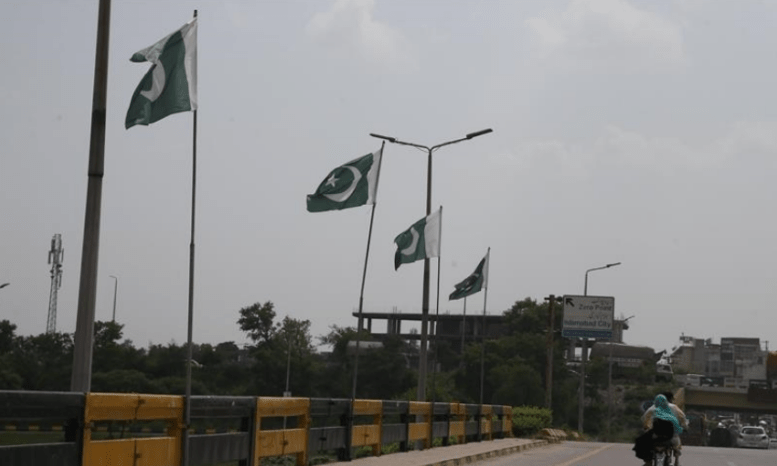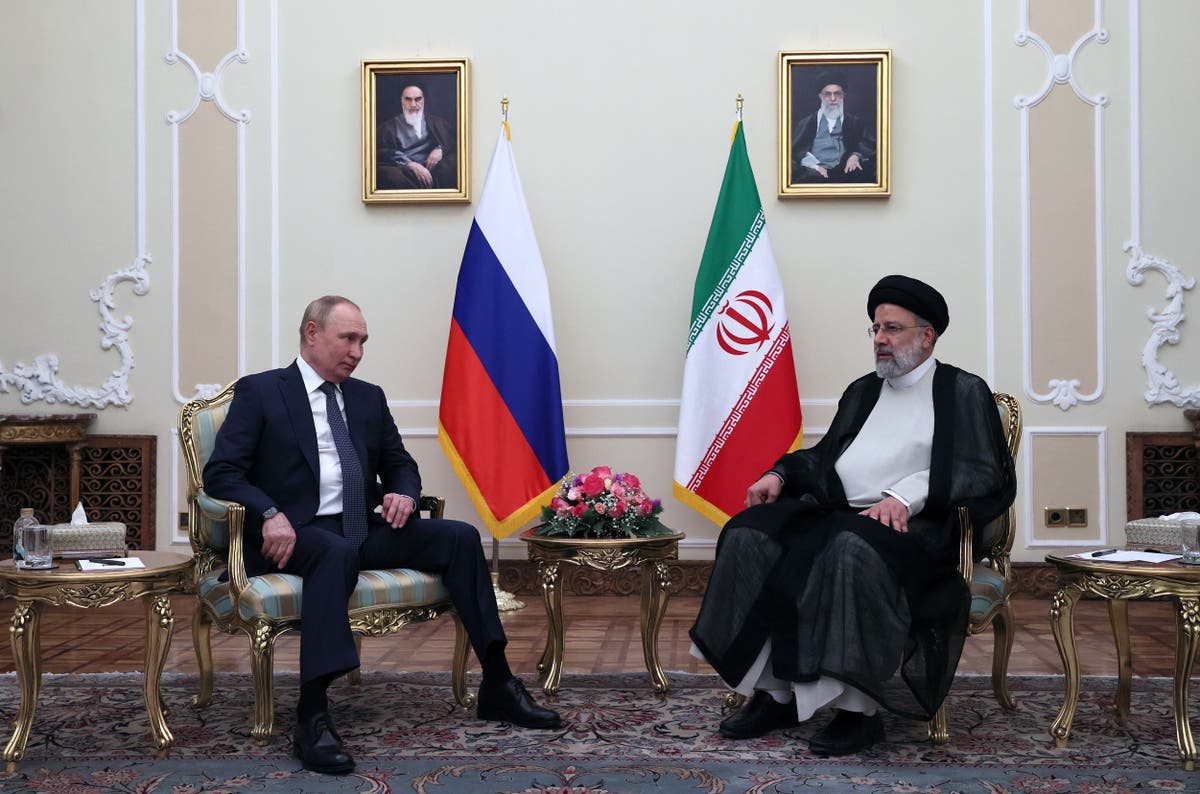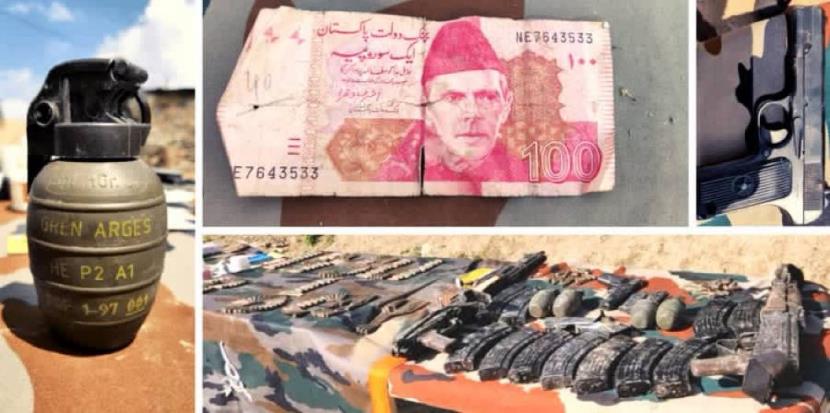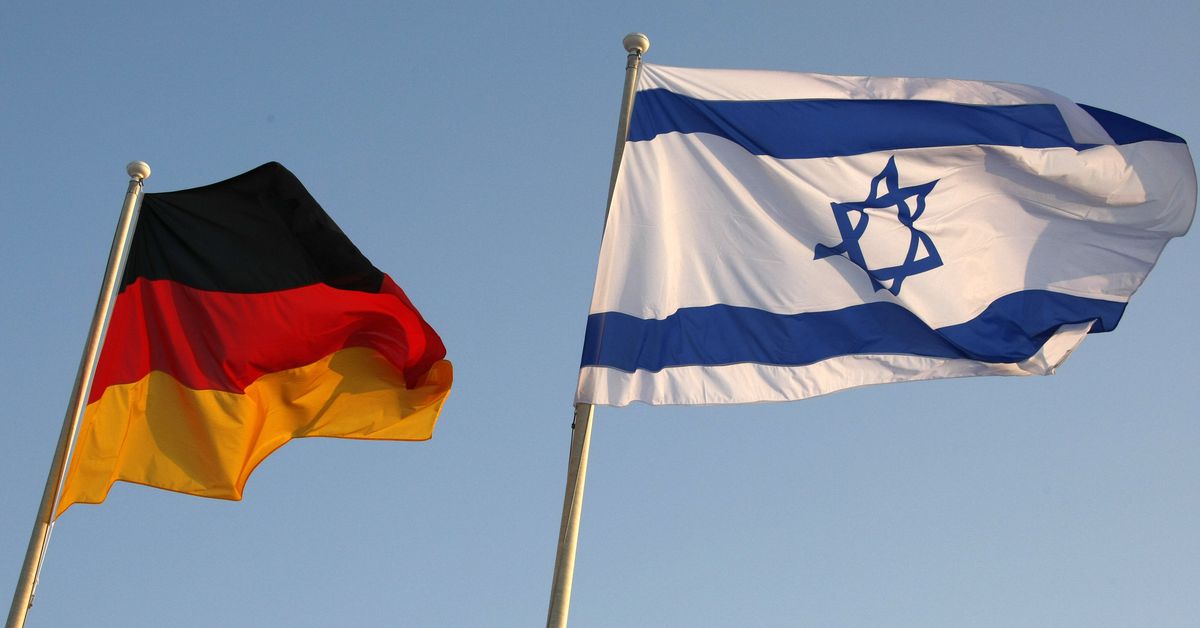In a significant political development, the Pakistan government and the opposition party Pakistan Tehreek-e-Insaf (PTI) have initiated talks, sparking discussions about a potential shift in the country’s political landscape. The talks, which began on Monday, aim to ease tensions between the two factions, with the release of jailed former Prime Minister Imran Khan emerging as one of the key issues on the table.
The political dialogue follows a series of events signaling a thaw in relations between the two camps. Notably, Interior Minister Mohsin Naqvi was recently seen embracing PTI leader and Imran Khan’s aide, Ali Amin Gandapur, marking a significant shift in the relationship between the ruling government and the opposition. This gesture is especially significant as it comes just three weeks after Naqvi and Gandapur were on opposing sides during the violent Islamabad protests.
Though the specific details of the negotiations remain undisclosed, reports suggest that one of the main points of discussion is to avoid trying Imran Khan in a military court. However, the primary focus remains on Khan’s release. The former Prime Minister has been in detention since May 2023, and his release appears to be a key aspect of the ongoing talks. The first round of discussions concluded, with the next round scheduled for January 2, 2025.
Why the Talks Matter: Domestic and Global Pressures
The timing of these talks is crucial, as Pakistan is facing significant political instability and growing international pressure for Khan’s release. While the Pakistan Muslim League (Nawaz), led by Prime Minister Shahbaz Sharif, has been cautious in engaging with PTI, analysts suggest that both domestic instability and international concerns are prompting the government to consider negotiating with the opposition.
International Support for Imran Khan’s Release Grows
In recent months, the call for Imran Khan’s release has gained substantial international backing. Influential global figures, including Richard Grenell, a close ally of former US President Donald Trump, British MP George Galloway, and former UK Opposition Leader Jeremy Corbyn, have publicly demanded Khan’s freedom, citing politically motivated detention.
Support for Khan’s release has continued to grow, with high-profile individuals such as former US Special Representative for Afghanistan Reconciliation, Zalmay Khalilzad, and former Scottish First Minister Humza Yousaf also voicing concern over Khan’s imprisonment. Khalilzad, in particular, condemned Pakistan’s actions on social media, calling for diplomatic pressure on the government, stating, “The Pakistan government deserves sanctions and diplomatic pressure for its brutal use of force against peaceful demonstrators and the misuse of the legal system to keep Imran Khan in jail.”
Additional international figures, including British business magnate Richard Branson and philanthropist Jeffrey Skoll, have raised concerns over the human rights implications of Khan’s detention. Human rights organizations, such as Amnesty International and the UN Working Group on Arbitrary Detention, have also called for Khan’s immediate release, further intensifying global pressure on Pakistan.
Imran Khan’s Legal Troubles and Political Impact
Imran Khan, currently held in Rawalpindi’s Adiala Jail, was arrested in May 2023 on allegations of receiving land as a bribe during his tenure as Prime Minister in 2018. Following his initial arrest, violent protests broke out, resulting in several fatalities and damage to state property. Khan now faces charges under anti-terrorism laws due to the unrest following his arrest.
Despite growing domestic and international calls for his release, the Pakistani government has shown little inclination to act. However, the ongoing talks between the government and PTI indicate that both parties are exploring potential solutions to resolve their differences. The outcome of these discussions, particularly regarding Khan’s release, could significantly impact Pakistan’s political future, as PTI continues to demand the release of its leader.
As negotiations continue, both internal and global pressures are likely to influence the final decision on whether Khan will be granted his freedom. With the next round of talks scheduled for January 2025, the political climate in Pakistan remains tense, and the world will closely monitor whether these discussions will lead to a breakthrough.
What’s Next for Imran Khan?
The ongoing talks between the Pakistan government and PTI, coupled with mounting international pressure, suggest that Imran Khan’s release may soon become a reality. However, the future remains uncertain, and whether Khan will be freed depends on the outcome of continued negotiations. As Pakistan’s political landscape evolves, the international community and Khan’s supporters will be watching closely for any signs of a breakthrough.
